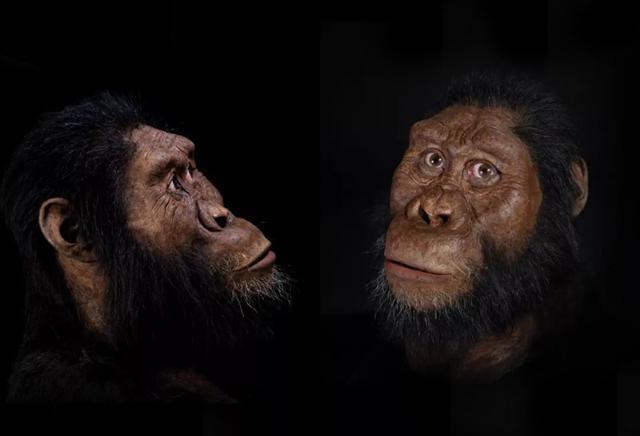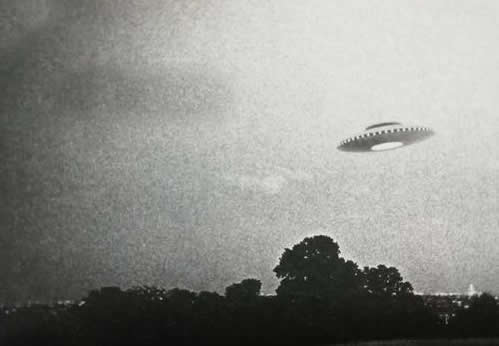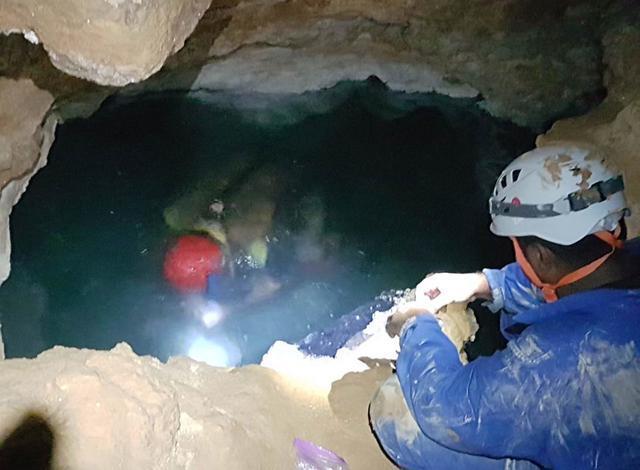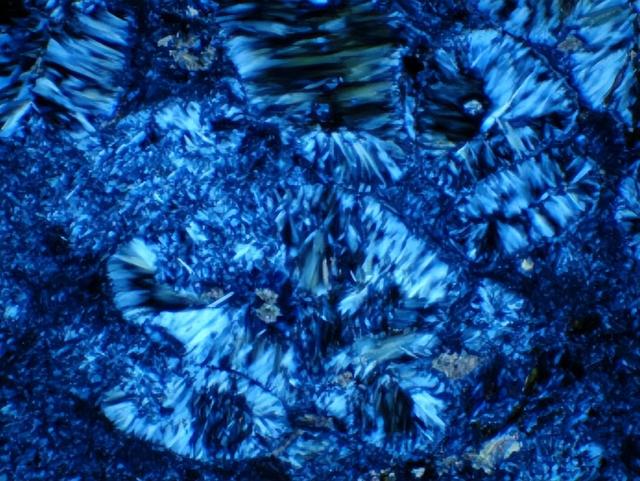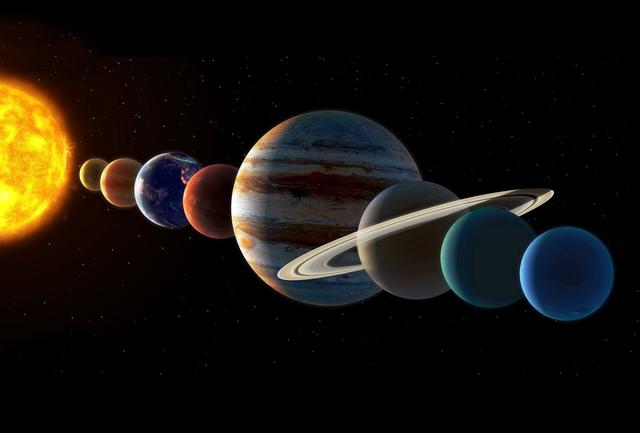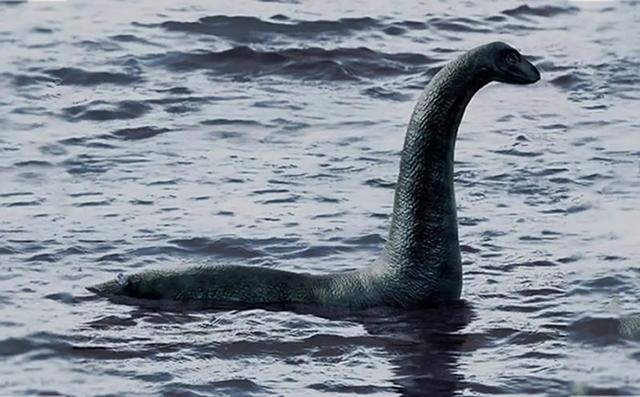The universe was born more than 13 billion years ago, the milky way was born in 10 billion years time, and the solar system has been around for billions of years. The age of the universe and the galaxy is so long, far longer than the age of the solar system and the earth. The earth was able to have enough time and space to develop the origin of life and human civilization, and it is reasonable that if the earth can emerge as the origin of life, there should also be a large number of origins of life like the earth deep in the universe, or some origins of life different from the earth, those potential alien life forms may not be like the earth of life.
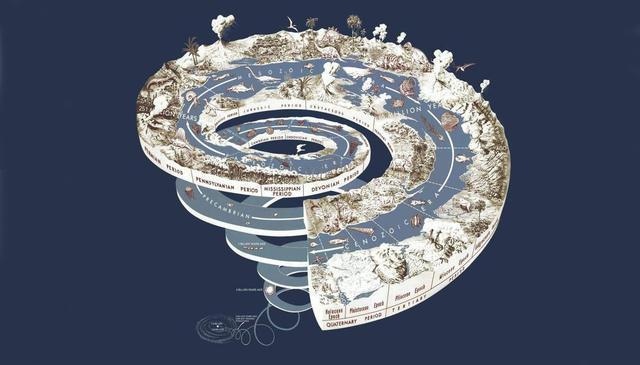
Of course, the search for extraterrestrial life and alien civilizations is very difficult for human beings, and distant exoplanets are simply too far away from our earth. Not to mention the worlds in the depths of the distant universe, for the time being, there are still many unsolved mysteries waiting to be explored on our planet or including ourselves, such as where did the first man in the world come from if life and humans did not exist on earth billions of years ago in the first place?
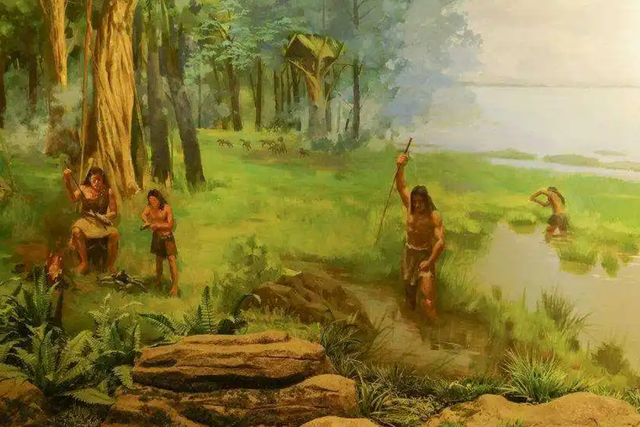
Where did the world's first man come from
In fact, it is not only now that we are concerned about the origin of mankind, but ancient people long ago also pondered this one question, because compared to other creatures on earth, we humans are really completely different, we have ideas, we are intelligent, we can solve complex problems, etc. Although it has been pondered for a long time, so far there is still no perfect explanation for how humans came to be. There are some claims that humans were created, and others that we may have evolved from other creatures. The prevailing view is that humans came into being after millions, tens of millions, or hundreds of millions of years of evolution, and because the process of biological evolution is extremely slow and does not show particularly noticeable changes for a long time, theoretically there is no such thing as a first human being, only the first ones. So how did the first humans emerge?
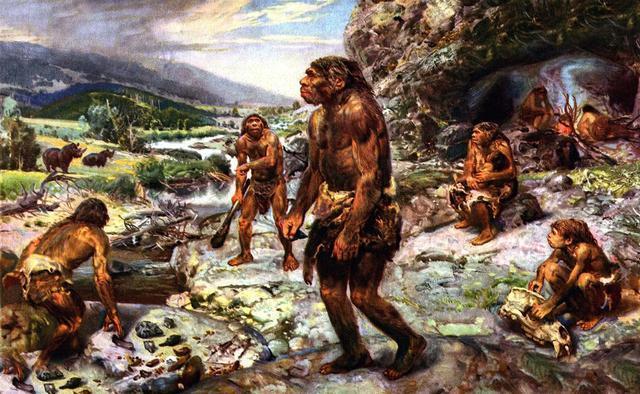
The evolutionary view is that other creatures, including humans, evolved and that we humans share a common ancestor with those primates, the forest archaeopteryx, which lived 20 million years ago. However, the early forest apes differed in many ways from the present-day humans and primates, who lived in trees and fed on fruit or leaves. Later, as forests disappeared in some areas, some forest apes lost their habitat and had to move from the trees to the ground.
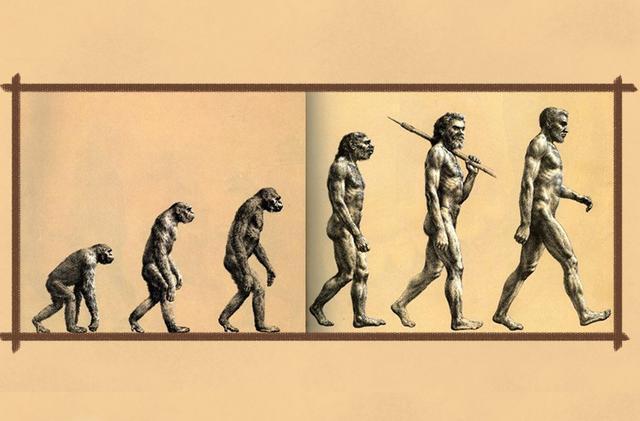
The impact of moving from the trees to the ground had a profound effect on these apes, not only in terms of the loss of habitat, but also in terms of the shortage of fruit and leaves. Eating meat gave these apes more energy than eating fruit and leaves, and this helped them to develop their brains, and their intelligence increased, and they gradually learned how to use and make tools. The use of tools and the making of tools also made these apes more able to defend themselves against predators, and enabled them to hunt and kill their prey better and survive.
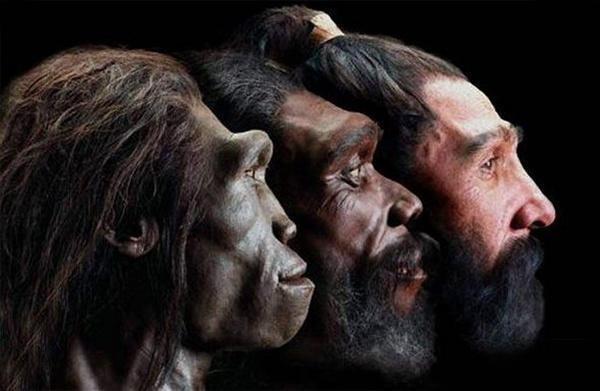
It is also because of the transfer from the trees to the ground that the vision of this part of the forest archaeopteryx is compromised. It is important to know that they used to live in the trees and could see far away and could quickly spot predators in the distance. But when they come down to the ground, they can no longer see as far as they did in the trees and have to stand up to see further. Eventually, this part of the forest archaeopteryx slowly learned to walk upright.
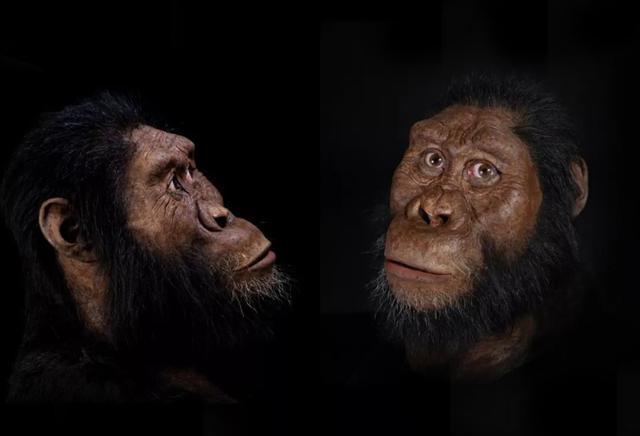
As evolution takes place in a random direction, there is no one specific direction and whatever genes are suitable for the survival of the species are likely to be preserved. After millions of years of evolution, some forest archaeopteryxes evolved into primates like the monkeys, chimpanzees and gorillas that we see today, and some of them evolved into us humans.
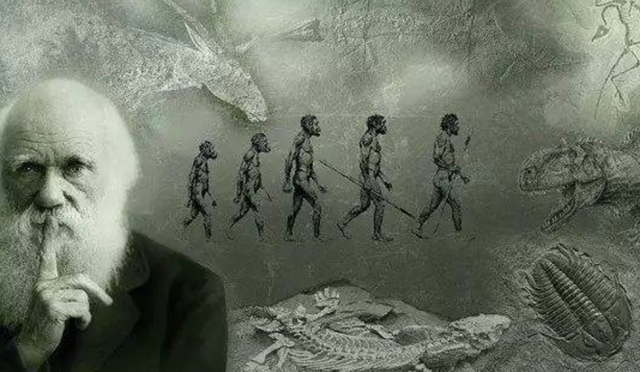
Where did the forest ape come from?
If humans evolved from the forest archaeopteryx, how did the forest archaeopteryx emerge? This may involve the origin of life on earth. According to the current view, life on earth evolved from nothing, from simple to complex, from low to high, that is, from the most primitive microorganisms, which evolved slowly over billions of years from the original microorganisms to the present diversity of species. And in the early days of life on earth, there were still relatively few creatures on land, dominated by marine life. Later on, some marine creatures left the oceans and entered to live on land, and eventually there were more and more creatures on land. Although it seems a bit unbelievable, scientists have actually found some evidence.
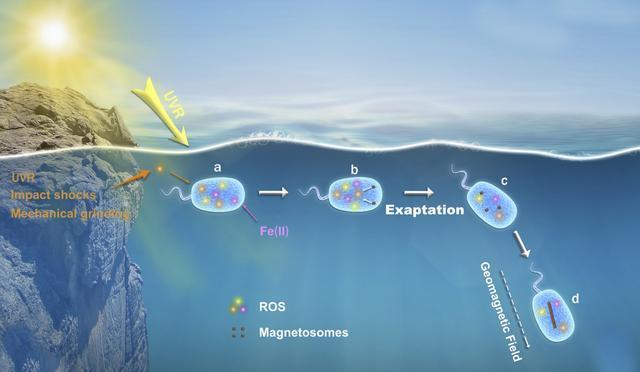
While studying ancient fish fossils from more than 400 million years ago, a team of ancient fish scientists from the chinese academy of sciences found the first physical evidence that the human middle ear first evolved from fish gills. This discovery explains why the human ear cannot breathe but is connected to the mouth, and may also indicate that humans actually evolved from the ocean hundreds of millions of years ago, when fish living in the ocean evolved and some left the ocean to climb onto land. This is why many new organs have emerged so that they can survive better on land. As a result of living on land, the spouts lost their respiratory function and gradually evolved into the middle ear, which gives us such a keen sense of hearing.
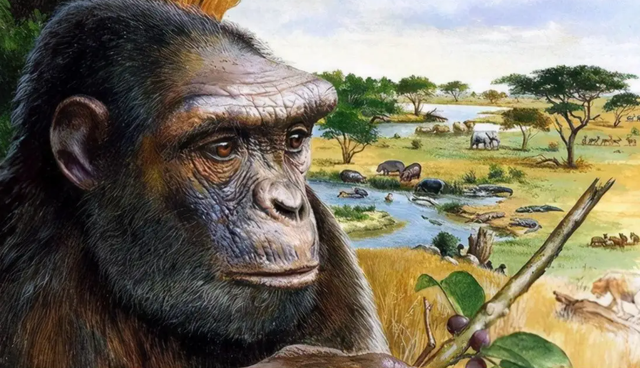
Of course, scientists have now found evidence that the human middle ear evolved from the gills of fish, but that does not mean that humans evolved directly from fish. Some fish evolved into other vertebrates, and some fish may have evolved into the ancestors of humans, the forest archaeopteryx, before humans finally emerged.

